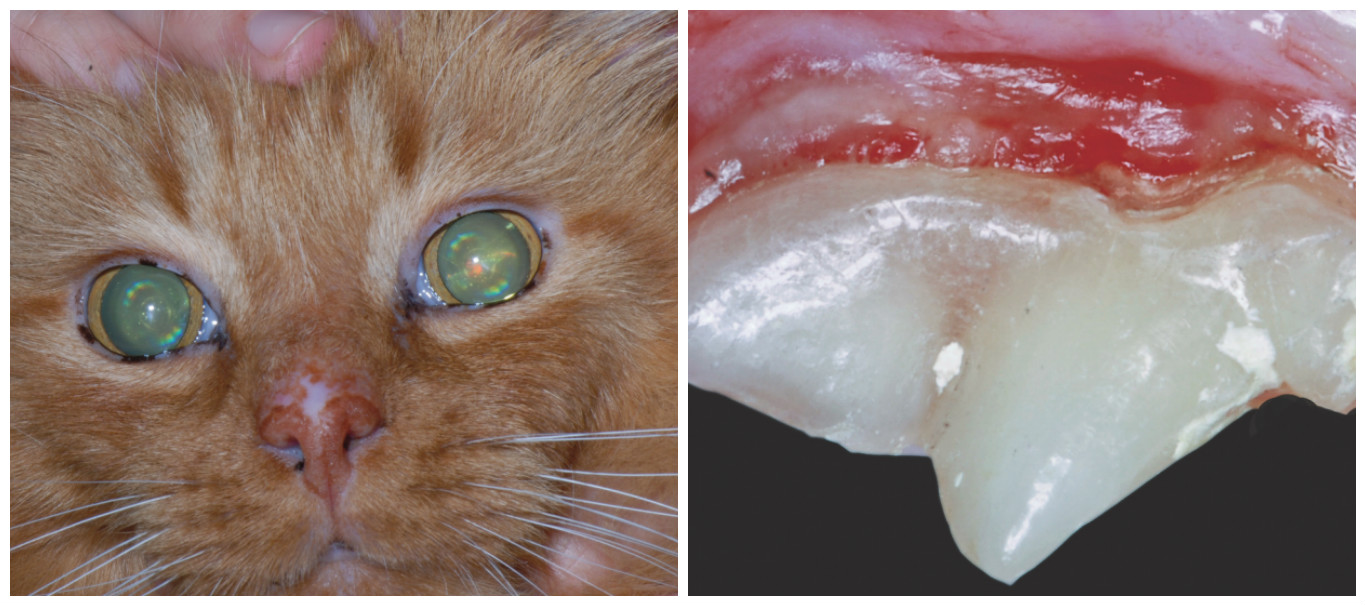
The life expectancy of cats depends on many factors their environment health maintenance whether they are spayed or neutered and whether they are indoor or outdoor felines. Neutered cats tend to live longer.
A cat can live up to two weeks without eating as long as she is still drinking water.
How long can cats live as pets. 27 rijen Cats who spend significant unsupervised time outdoors tend to survive to be about 7 years old while indoor-only cats can be expected to live to around 14 years of age. Your Cats Life Stages Kitten. Birth to six months Junior.
Seven months to two years Prime. Three years to six years Mature. Seven years to 10 years Senior.
11 years to 14 years Geriatric. The domestic cat - if looked after and kept safe - will live until it is about 14 years old. Some breeds of cat live longer than others but on the whole we may expect to lose our furry feline friends between the ages of 12 and 15.
The Siamese and Manx cats are thought to be the longest lived of all domestic felines. What is a good age for a cat. The study which looked at the deaths of 4009 randomly-selected deceased cats in 2015 found that crossbreed cats had an average life expectancy of 14 while purebred cats had a lifespan of 125 years.
However this is only an average age some cats can live past 20. According to Vet West Animal Hospitals an indoor cats lifespan averages 12 to 18 years. Generally speaking indoor-only pets live longer than outdoor pets simply because they are less exposed and less susceptible to outdoor accidents and diseases.
Domestic cats can live for up to 20 years. Factors such as diet healthcare and environment can have an impact. Neutered cats tend to live longer.
Cats have six key life stages which can help to understand certain healthbehavioural problems. While the studies that have been done vary slightly in results indoor cats live on anywhere from 14 to 20 years with the average being 16875 total years. How Long Do Outdoor Cats Live.
Outdoor cats unfortunately have a much shorter lifespan. So how long can cats live. The life expectancy of cats depends on many factors their environment health maintenance whether they are spayed or neutered and whether they are indoor or outdoor felines.
How Long Can Cats Live. Lifespan of Indoor Cats. Generally an indoor cat can live up to an average of 15 years.
In some cases even 20. Cats can go up to four days without taking water. But this can cause dehydration in your cat leading to serious health issues.
If your cat is not a frequent drinker there are alternatives you can use to keep him hydrated. Read on to discover how to properly care for your cat. How Long Do Cats Live.
Here Are Cat Breeds With The Longest Lifespan 1. This medium-sized pedigree tends to be happy playful and easygoing. It has a sense of.
This non-hairy breed exudes regal appearance. However some cats have much longer lifespans like the Burmese Manx and Savannah cats all tending to live beyond 15 years. These arent hard and fast rules though and itll always be difficult to say exactly how long your cat will live.
The average life expectancy of a domestic or domestic cat is estimated at about 13 years. This age can even reach 20 years or more if the pet receives veterinary treatments good care and a good diet see why do cats sleep so much. In contrast the average life expectancy of a stray cat or creole is estimated at about 7 years.
You might want to keep tabs of your cats intake and if you notice that she doesnt eat the food you give her then it is time to check if your pet is eating elsewhere. If she isnt check if she is drinking water. A cat can live up to two weeks without eating as long as she is still drinking water.
Indoor cats often live to be about 14 years old while those that spend time outside only live 2 to 5 years. There are simply too many things in the big world outside your door that can kill your cat from cars and predators to eating something that they shouldnt. How Long do Cats Live.
There are several factors that can determine your cats life expectancy. Cats that are spayed or neutered tend to live longer since it reduces the risk of developing.